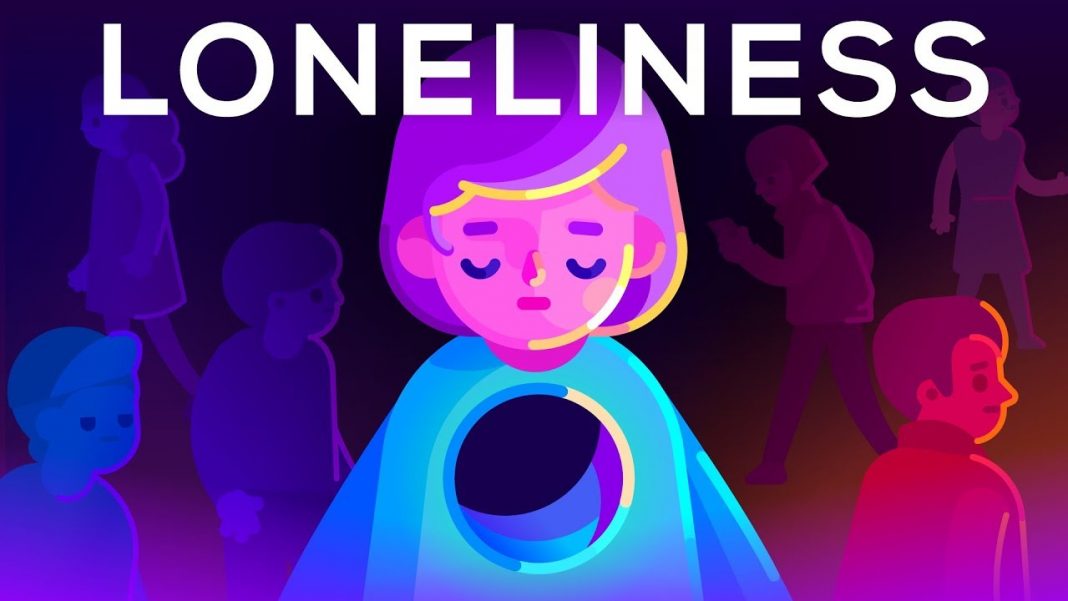Loneliness appears to be a bigger problem than ever looking at new statistics from the UK and more people are feeling lonelier nowadays, more than before.
In a HuffPost report, according to data from Campaign to End Loneliness and the Office of National Statistics, one million more people in the UK are experiencing chronic loneliness now compared to before the Covid-19 pandemic.
This means there are 3.3 million people who often feel lonely. Factors that contribute to loneliness are; low income, being single and living alone, having a long-term disability and having experienced recent prejudice. The figures from the research also say that more younger people report feeling lonely compared to older people.
Lonely people and health
The NHS says that chronic loneliness increases the risk of dementia and other mental health conditions such as anxiety and depression.
There are basically three types of loneliness
- Emotional
- Social
- Existential
Programme Director of the Campaign to End Loneliness, Robin Hewings said to the news portal, “Covid-19 continues to have a massive impact on the very lonely – there are still more chronically lonely folks now than there were before the pandemic.
“It matters. Chronic loneliness is particularly difficult to move on from. It stops some of our most vulnerable people from living life to the full and damages both physical and mental health. ‘Leveling up’ needs to include tackling loneliness and connecting most of the loneliest people in our society with targeted support,” the Huff Post report says.
Some ideas to combat loneliness include doing things with people and getting more face to face social interactions which tends to improve our mood.
Also talking to strangers, research suggests that even trivial interactions can help alleviate your mood.
Activities
Don’t focus too much on yourself and get involved in charitable organisations or social activities.
Spend money on experiences rather than on things, opt to travel or take a class where you can learn a new skill.
Pay attention to things that matter, focus on the present moment and don’t worry so much about being alone in the future. Lastly always invest in self care and be kind to yourself.
Read More News
Why we suddenly get the ‘ick’ in relationships, according to counselors
The photo above is from a YouTube screen grab

